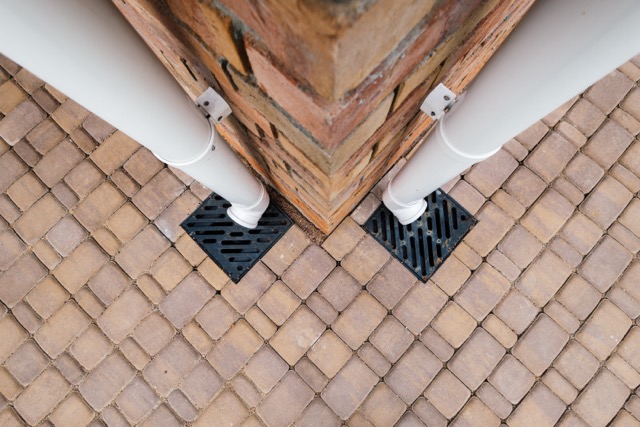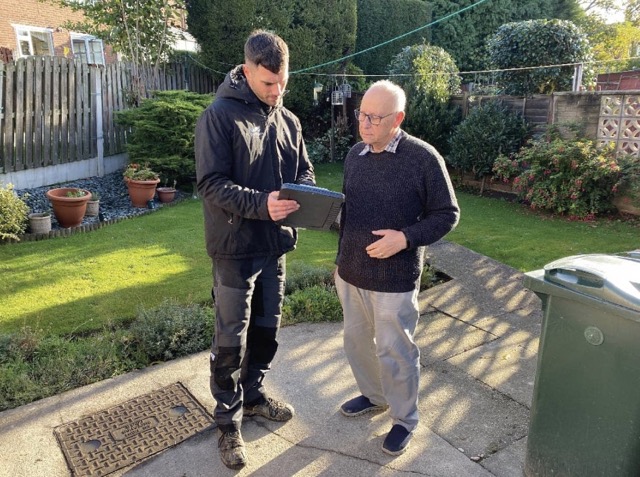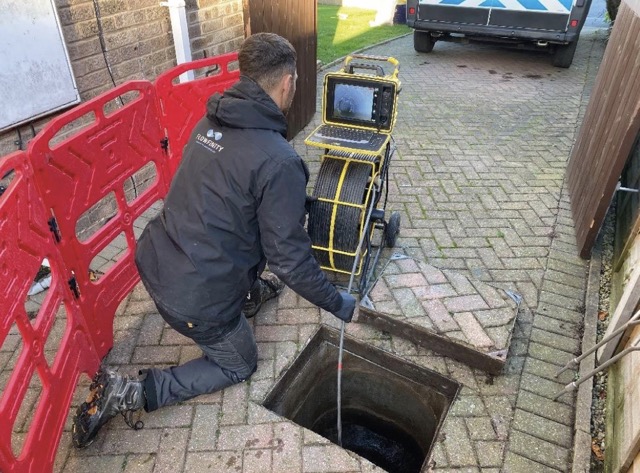
Blocked Drains Barnsley
clogged
The existence of public sewers inside the property's boundaries is one of the many duties and factors that come with property ownership.

The existence of public sewers inside the property's boundaries is one of the many duties and factors that come with property ownership.
For any homeowner or property developer, understanding how to handle the intricacies of this circumstance is essential. This is a thorough guide to help you understand what to do if there is a public sewer running along the edge of your property.

A public sewer is a water company or municipal government-maintained pipeline that transports wastewater from several properties to a treatment plant. In contrast to private sewers, which belong to individual property owners, public sewers are a part of a larger infrastructure system intended to manage waste from the community.
Usually, property plans or records kept by the local government indicate the location of public sewers. You can ask your local water company or council for information if you're not sure if your property has a public sewer. Online resources are available in many areas to assist you in finding these pipelines.

A legal right to use someone else's land for a certain purpose is known as an easement. There is probably an easement allowing the water company access to maintain and repair the public sewer where it crosses your property. This easement may limit your ability to develop the area above the sewer, including the ability to erect buildings and plant trees with deep roots.
Regarding your property's proximity to public sewers, you have to abide by municipal building restrictions if you intend to build or expand. Generally speaking, building directly over a sewage requires approval, and any development close to a sewer must guarantee that it is still accessible for upkeep and repairs. To obtain clearance for such projects, your water company may require the submission of a Build Over Agreement.

Water providers are legally allowed access to your property for the purpose of maintaining, repairing, and inspecting public sewers. This implies that you cannot prevent authorized individuals from accessing a sewer, even if it is located inside your boundaries. It is essential to comprehend these rights in order to prevent legal issues and guarantee adherence to local laws.